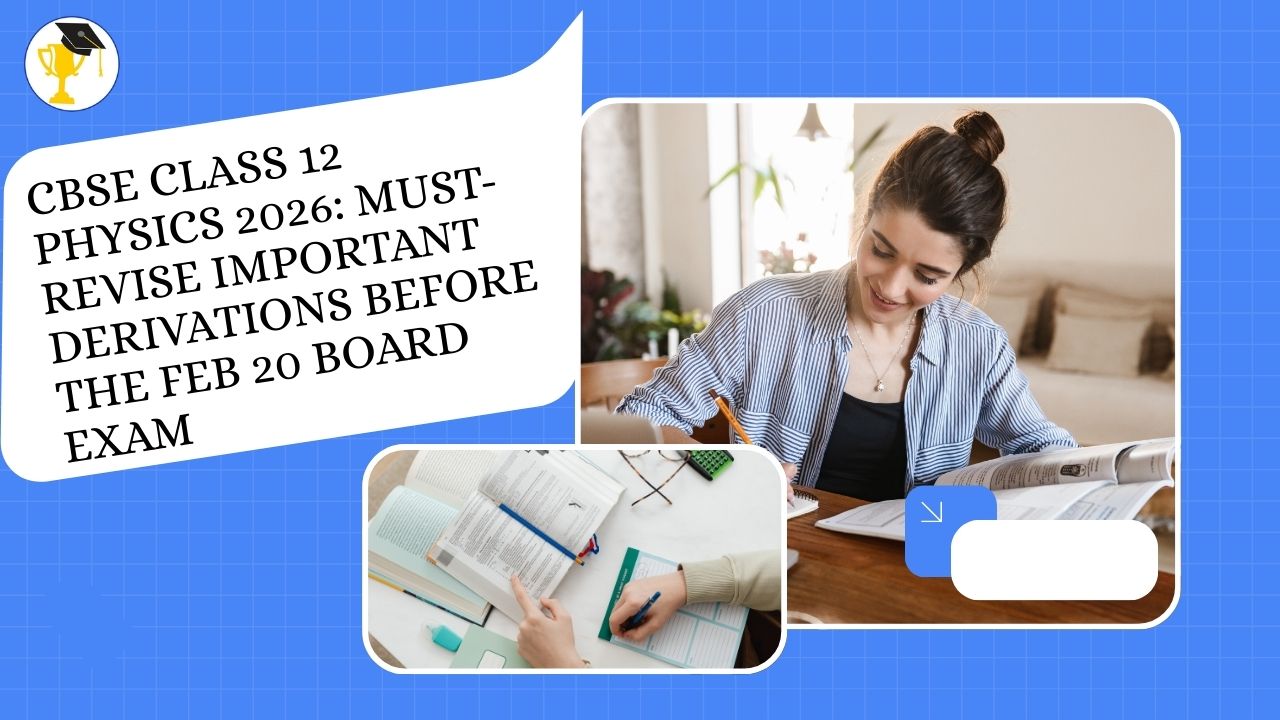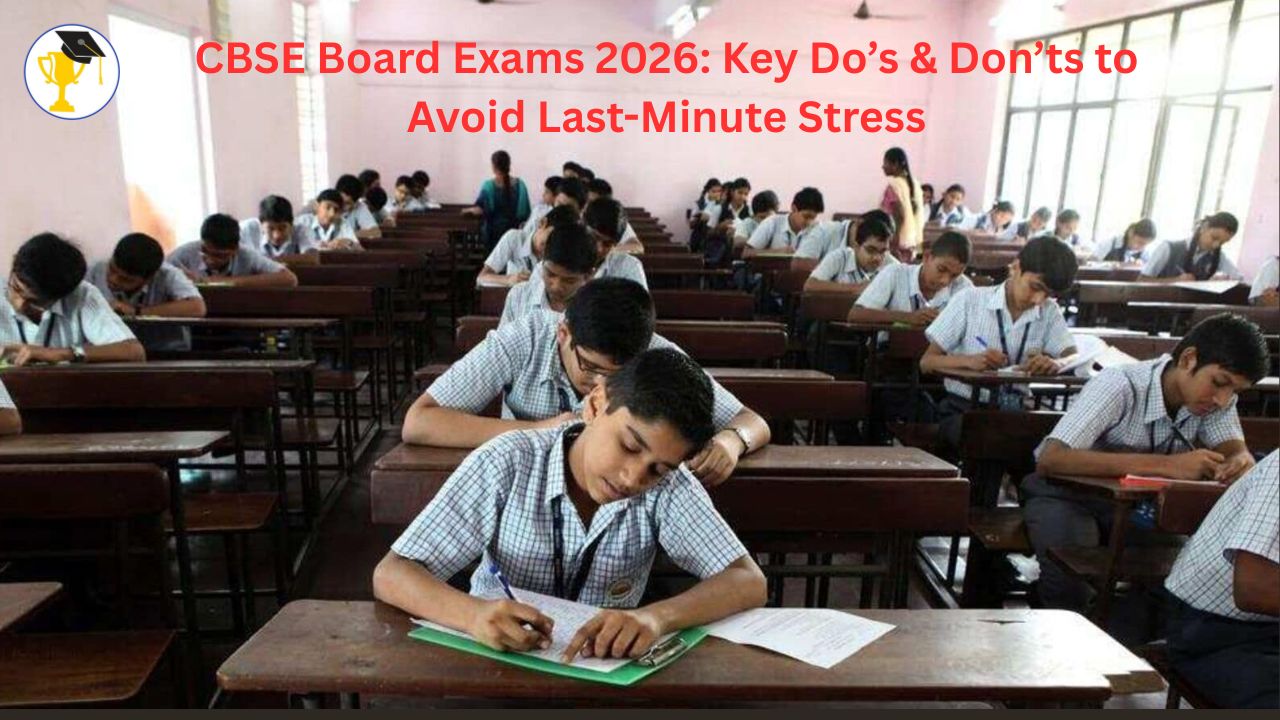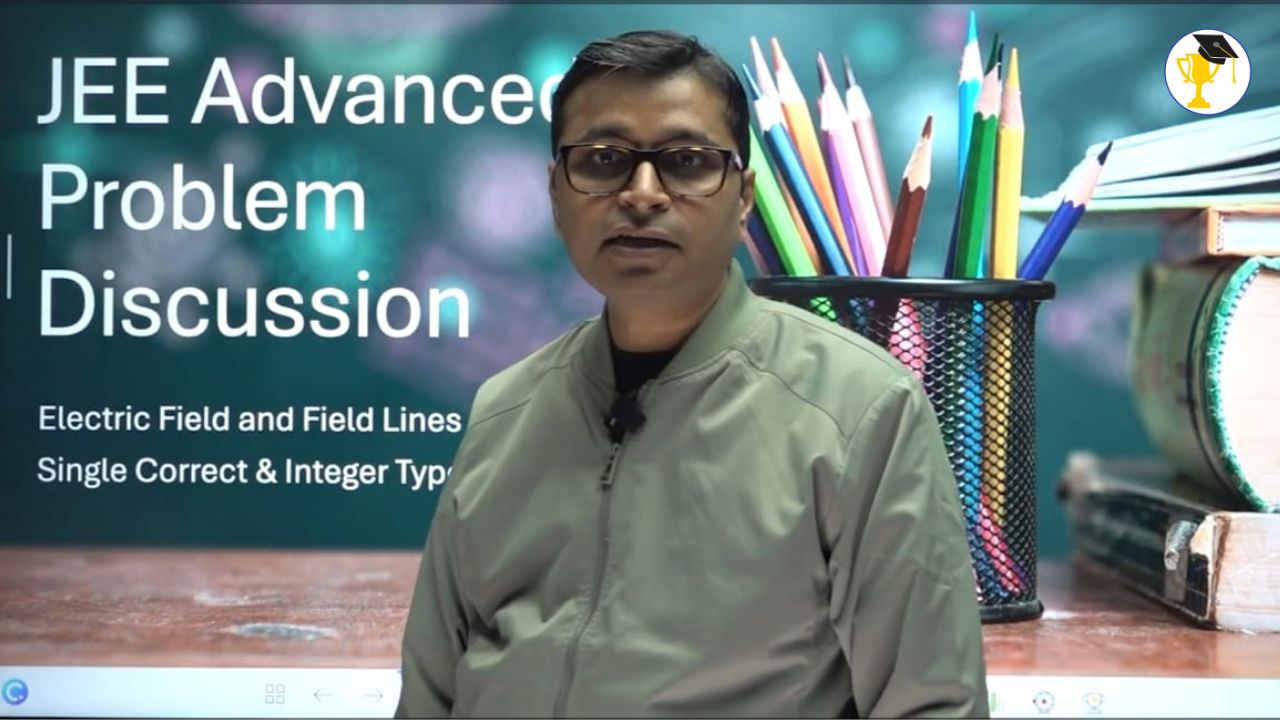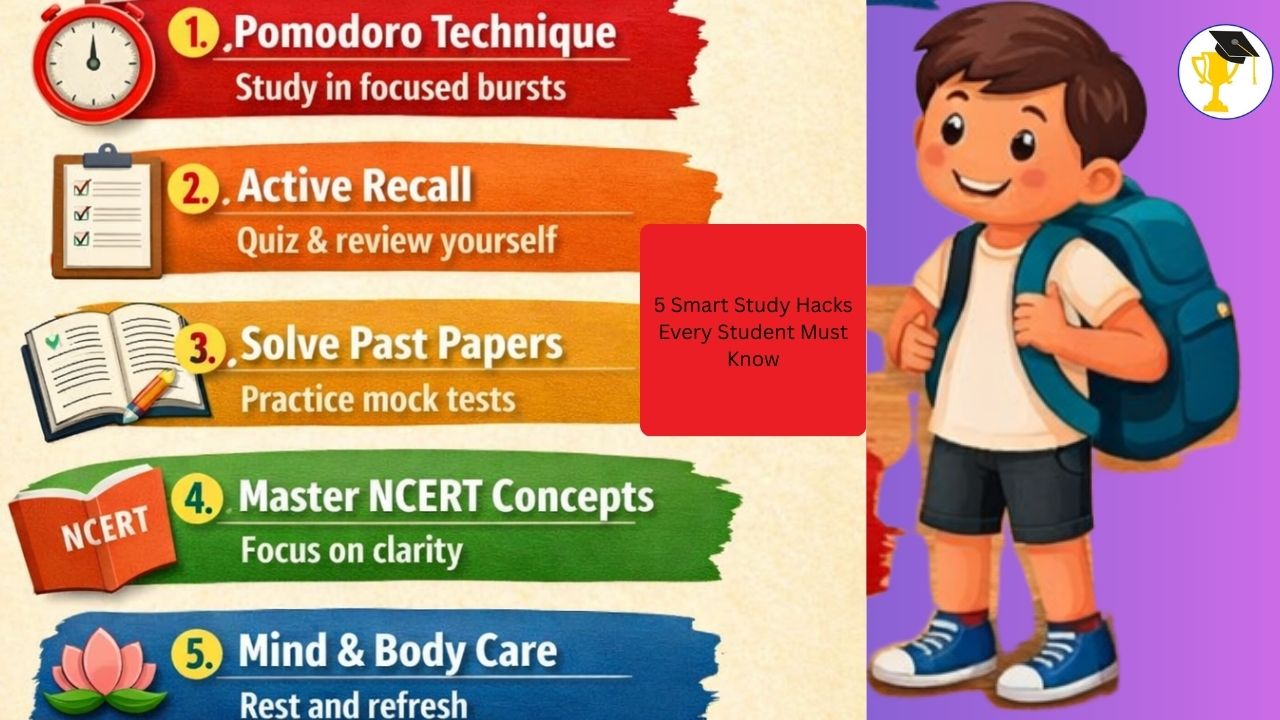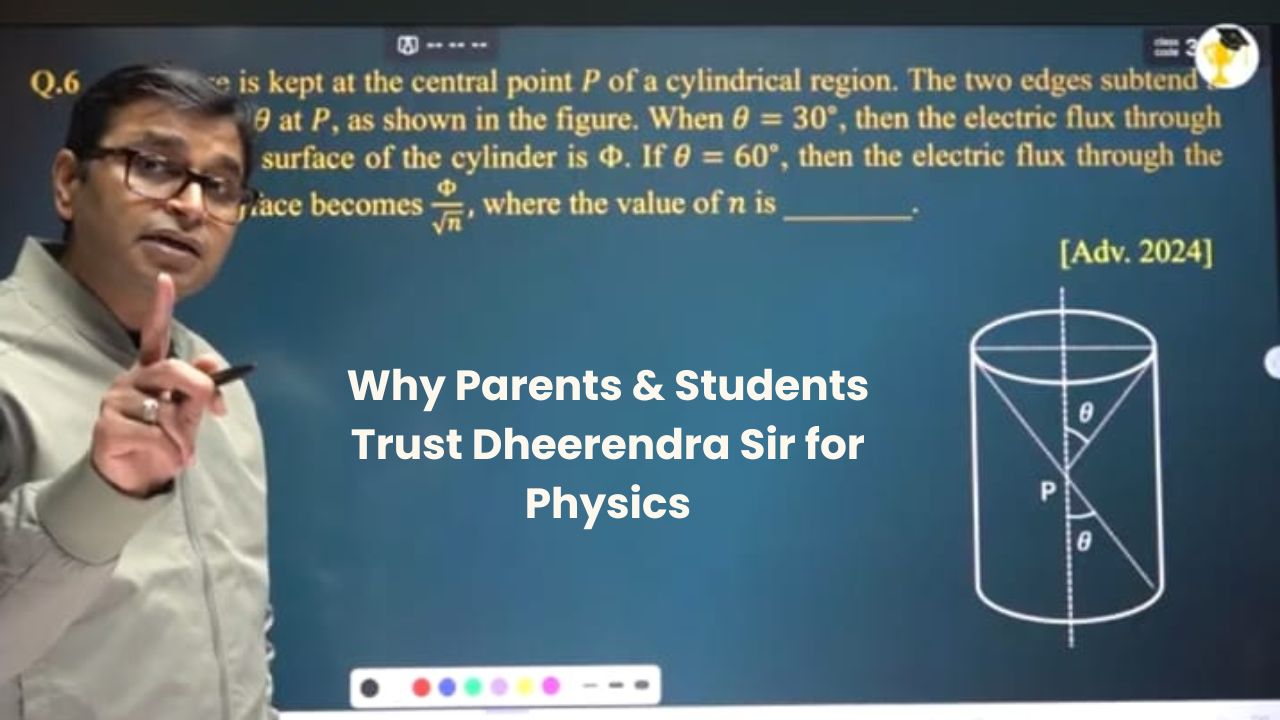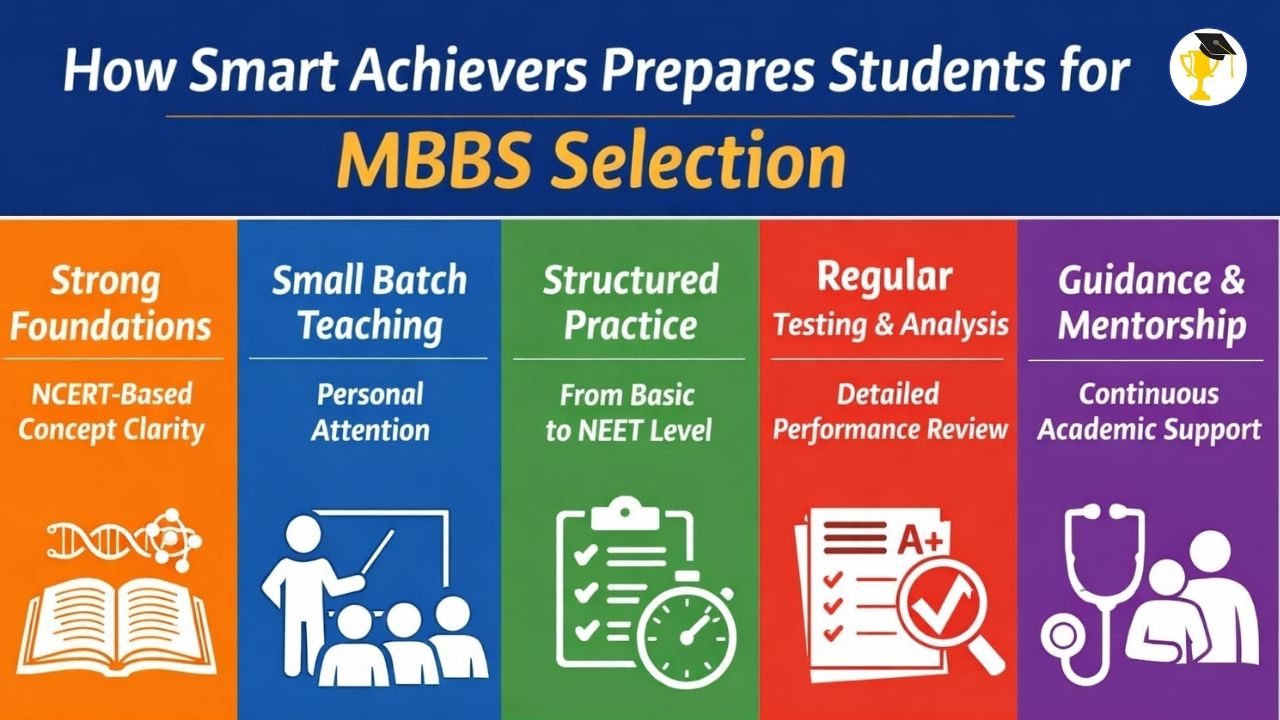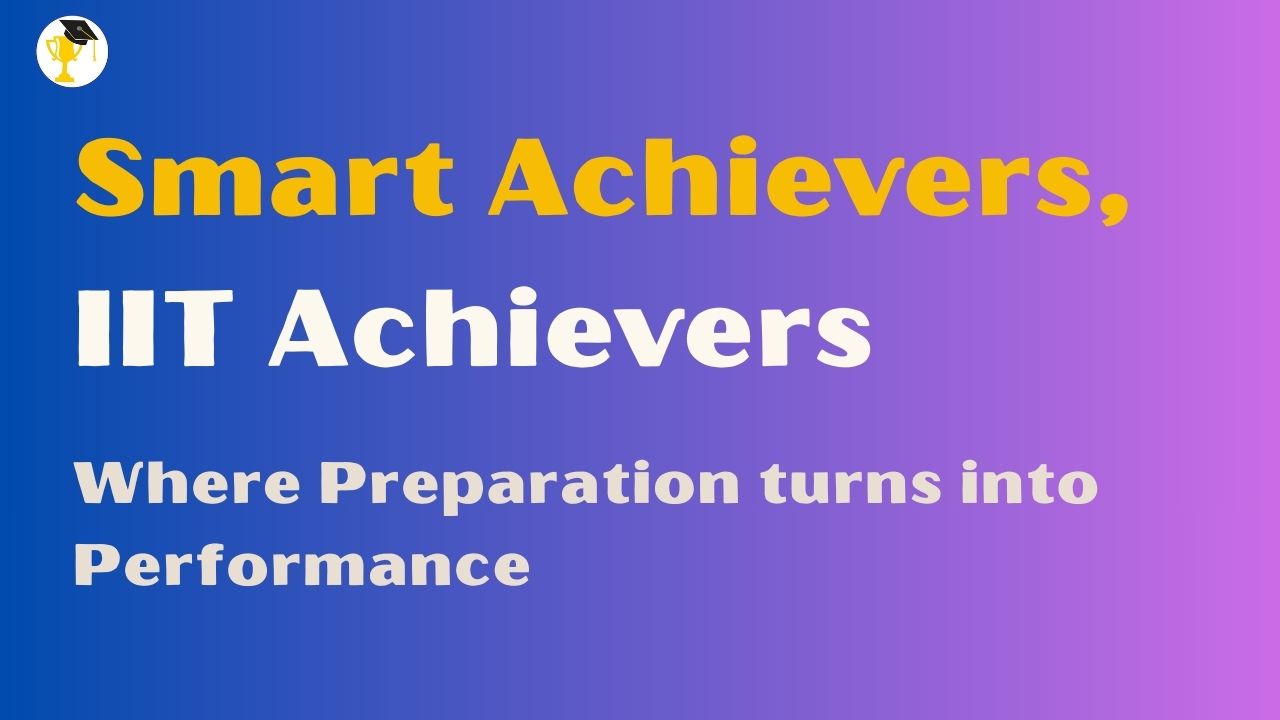JEE/NEET Preparation After a Gap Year: Strategies for Success
Taking a gap year for JEE/NEET preparation can be a transformative decision. With the right strategies, this time can be utilized to strengthen your foundation, refine your skills, and aim for success. Here’s a comprehensive guide on how to prepare for JEE or NEET after a gap year, overcome challenges, and make the most of this opportunity.
Why a Gap Year for JEE/NEET Can Be Beneficial
Focused Preparation
A gap year allows uninterrupted time to concentrate on both strengths and weak topics.
No school distractions mean you can customize your study plan.
Second Chances
For those who fell short in their first attempt, a gap year provides the opportunity to work smarter and perform better.
Improved Strategy
You can analyze past mistakes, adjust study techniques, and focus on the right resources for improvement.
How to Prepare for JEE/NEET After a Gap Year
1. Start With an Assessment
Evaluate Past Performance: Identify weak areas and mistakes from your last attempt.
Analyze Mistakes: Understand whether the issues were due to time management, poor concepts, or exam anxiety.

2. Create a Structured Study Plan
Daily Routine: Build a balanced daily schedule that includes revision, mock tests, and physical activity.
Weekly Goals: Divide the syllabus into achievable weekly targets.
Study Techniques: Use active recall, spaced repetition, and time management techniques like the Pomodoro method.
3. Leverage the Right Resources
NCERT Textbooks: Focus on NCERT for both JEE and NEET as they form the foundation.
Subject-Specific Materials:
JEE: HC Verma (Physics), RD Sharma (Math), and Organic Chemistry by Morrison and Boyd.
NEET: Trueman’s Biology, OP Tandon (Chemistry), and MTG guides.
Online Platforms: Enroll in courses or test series from trusted platforms like Smart Achievers.
Study Tips for JEE/NEET Gap Year Success
For JEE:
Physics: Master Mechanics, Thermodynamics, and Optics.
Mathematics: Focus on Calculus, Algebra, and Coordinate Geometry.
Chemistry: Develop a strong grip on Organic Chemistry reaction mechanisms and Physical Chemistry numericals.
How to Stay Focused for JEE/NEET and CBSE Exam Success Click Here
For NEET:
Biology: Stick to NCERT for diagrams and theory.
Chemistry: Balance Physical Chemistry formulas with Organic Chemistry mechanisms.
Physics: Emphasize problem-solving in Mechanics and Modern Physics.
Gap Year Success Tips and Strategies
1. Revise Regularly
Start with NCERT and supplement with concise notes.
Use mind maps and flashcards to revise critical concepts and formulas.
2. Mock Tests Are Crucial
Take tests in exam-like conditions to improve time management and confidence.
Analyze each test for errors and focus on minimizing mistakes.
3. Stay Focused and Disciplined
Avoid procrastination by sticking to your study plan.
Limit distractions by creating a dedicated, clutter-free study environment.
4. Time Management Matters
Allocate more time to challenging topics without neglecting others.
Stick to a schedule that balances study, rest, and breaks to avoid burnout.
5. Stress Management During JEE/NEET Gap Year
Engage in activities like yoga, meditation, or exercise to stay mentally fit.
Seek support from mentors or peers to stay motivated.
Making the Most of a Gap Year
Focus on Weak Areas
Use this time to strengthen concepts you struggled with during the previous attempt.
Solve topic-specific problems to boost confidence in weak subjects.
Maintain a Daily Routine
Begin your day with revisions and dedicate evenings to solving mock papers or practicing questions.
Set Realistic Goals
Break down larger goals into smaller, manageable tasks for a sense of accomplishment.
Avoid Common Pitfalls During Gap Year
Skipping Revision: Revisiting topics regularly ensures long-term retention.
Overloading Resources: Stick to reliable books and avoid hopping between too many materials.
Neglecting Health: A healthy body supports a productive mind. Maintain a balanced diet, stay hydrated, and get adequate sleep.
Comparing Progress: Focus on self-improvement instead of comparing yourself to peers.
Evolution of JEE and NEET: Key Trends and How to Adapt Click Here
Benefits of a Gap Year for JEE/NEET
Stronger Preparation: The additional time helps you focus on details and practice more.
Improved Confidence: A structured plan boosts your self-belief.
Better Exam Strategy: Mock tests and revisions sharpen your time management and accuracy.
Career Opportunities: Success in JEE/NEET opens doors to top institutions and career paths.
Motivation for JEE/NEET Aspirants Taking a Gap Year
Success Stories: Learn from students who excelled after taking a gap year for JEE/NEET preparation.
Visualize Your Goal: Keep your dream of securing admission in top colleges alive as motivation.
Focus on Growth: Treat this time as an investment in your future.
FAQs
Q1: Is taking a gap year for JEE/NEET worth it?
Yes, if used wisely, a gap year can significantly improve your preparation and increase your chances of success.
Q2: How can I stay focused during my gap year?
Create a structured plan, eliminate distractions, and maintain a balance between studies and self-care.
Q3: How important are mock tests during a gap year?
Mock tests are essential for identifying weak areas, improving time management, and building confidence.
Q4: Can I succeed in JEE/NEET after a gap year?
Absolutely! Many students achieve excellent results with dedicated preparation during their gap year.
Final Thoughts
Taking a gap year for JEE/NEET preparation is an opportunity to regroup, refocus, and achieve your dreams. With the right study plan, consistent effort, and a positive mindset, you can turn this time into a stepping stone for success. Remember, perseverance and discipline are key to cracking JEE/NEET after a gap year.
 STUDY MATERIALS
STUDY MATERIALS
 COURSES
COURSES
 MORE
MORE





